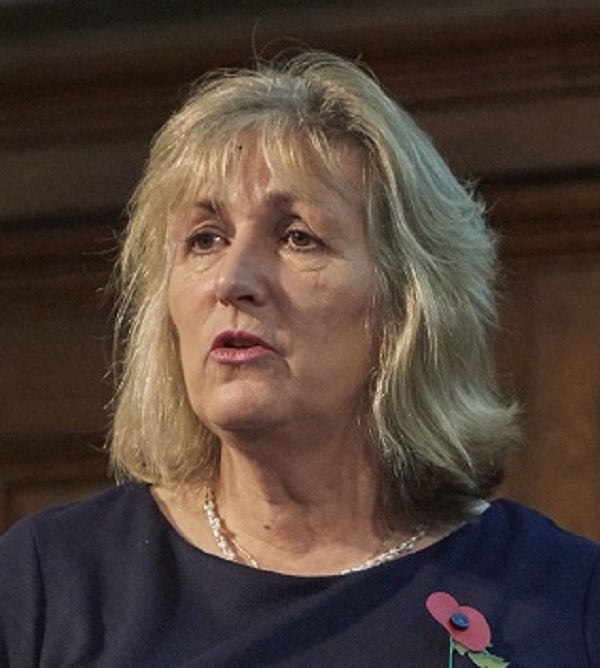NOAH has released a manifesto for the upcoming European Parliament elections, setting out its vision for animal health, welfare and sustainability in the UK and across Europe.
Dawn Howard, NOAH Chief Executive, explained: “NOAH is a member of AnimalHealthEurope and will remain so after the Brexit discussions are finalised – with Europe being the second largest animal medicines market in the world. We have high hopes and big ideas to contribute towards its future. NOAH’s vision is to be at the forefront of UK animal health and welfare.
“In the UK, NOAH’s membership, ranging from multi-nationals to small family owned businesses, represents over 95% of the UK animal health sector, worth over £2bn to the UK economy and a veterinary medicines market worth in excess of £645 million per annum. Our industry directly supports well over 2000 highly skilled jobs, as well as indirectly supporting 19000 vets, over 6000 qualified animal health advisors (SQPs), over 11000 veterinary nurses and thousands of livestock farmers and people involved in pet and equine care, sports and leisure.
“The #AnimalHealthMatters manifesto shows how animals are a huge part of our daily lives – for companionship, assistance, leisure and our food. No matter how well we care for them, animals can still get sick and may need medicines.
“But treating sick animals is only part of the story. Treatment will always be important, but there is a shift to disease prevention (for example through vaccination) as well as earlier diagnosis to facilitate better interventions to improve animal health. As an innovative industry, NOAH is working to ensure a wide range of solutions, not only to treat animal disease, but to prevent illnesses, improve animal well-being and to keep our animals in optimal health,” she added.
Healthy animals also mean safe food. A safe and sustainable food supply chain is essential for feeding the UK population. The animal health industry delivers the therapies and disease prevention tools to make this a reality.
Howard said: “By protecting the health and welfare of animals we can improve the quality of life for both animals and people, whilst contributing to safe, affordable and sustainable food production. We safeguard public health by preventing disease outbreaks in animals and help prepare for emerging diseases, as well as those which are transferable from animals to people.”


